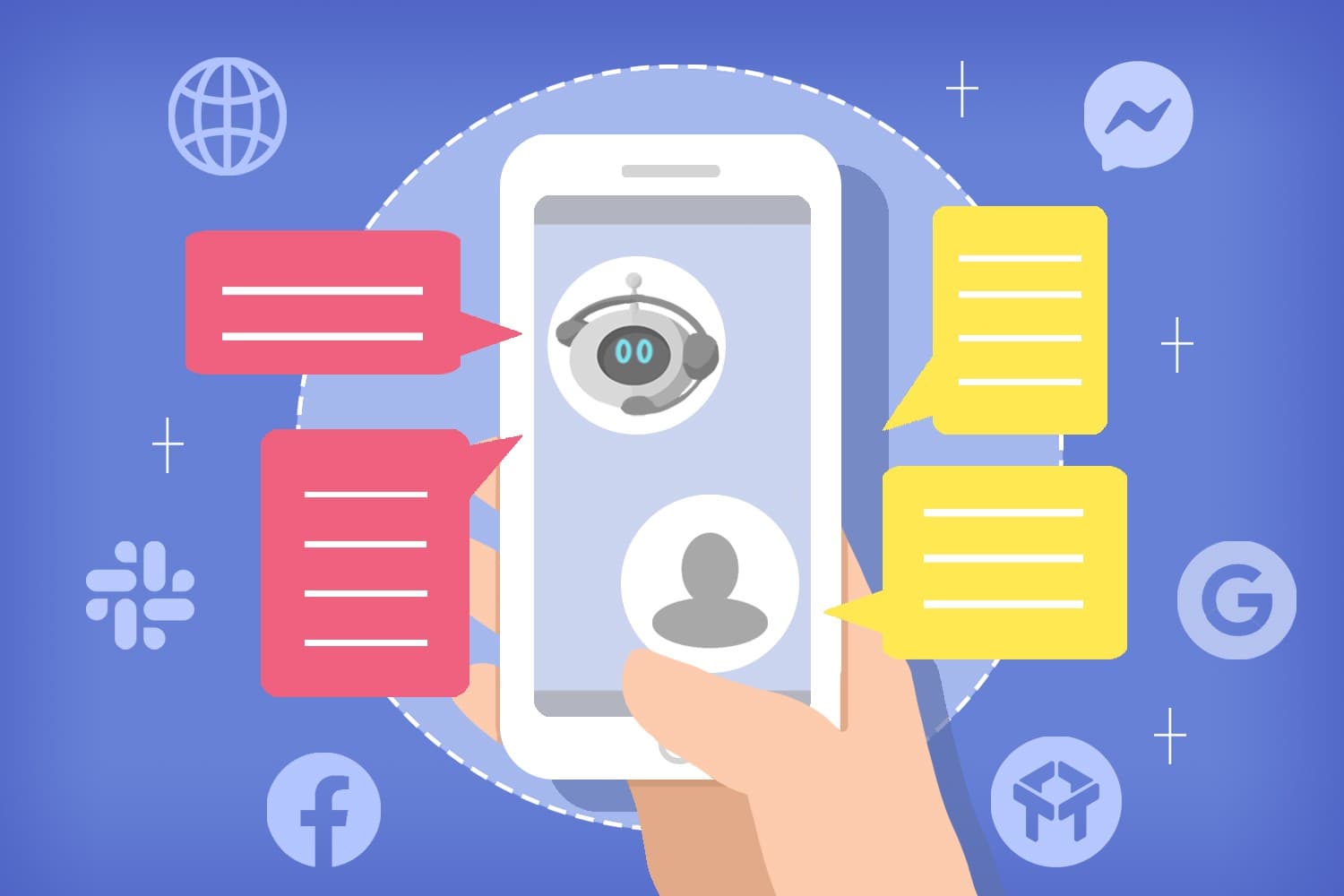Myths, fears, and unfair expectations still persist in discussions about artificial intelligence and automated talent management. It is a technology that is transforming many aspects of business, but it is neither a panacea for nor a threat to those business operations. Below, we will explore five of the most common myths surrounding artificial intelligence and its applications in HR.
Related post:
- Recruitment demands are rising for Vietnamese tech business
- Why A Recruitment Agency Instead of In-house Staff?

What do you know about automated talent management and how can it help?
Myth: AI Will Replace Recruiters
AI-based recruiting tools are very good at screening candidates for their strengths and at predicting someone’s chance for success in a given role. But such tools cannot replace the work a recruiter does. Recruitment is still very much a personal experience requiring the human interactions between one another in order to form an authentic connection and a foundation of trust.
What we see happening instead is AI working hand-in-hand with recruiters to find candidates more efficiently and more effectively. AI’s role in recruitment will be to speed up the manual aspects of that work. That frees recruiters to invest more energy in relationship-building.
Myth: AI Recruitment Tools = Chatbots
Yes, AI-powered chatbots are becoming more and more a part of the recruitment process. But AI has so many more applications than simple candidate-facing conversation.
If you have access to data on members of a candidate pool (which you almost certainly do), AI has an uncanny ability to build profiles of these candidates. It can deduce what motivates people in their work, what their capacities for leadership are, and what their general demeanor is like when working with colleagues.

Chatbot is a super-useful tool for recruiting talents
AI can also help you preempt the need for recruitment by understanding how engaged current employees are in their work. As Node founder and CEO Falon Fatemi writes, AI-based monitoring tools can help companies get a sense of how accountable a given employee feels about their work. When you have this level of insight into employee engagement, you can begin to anticipate turnover and perhaps intervene before you lose a valuable member of your team.
Myth: Automated Talent Management Tech Will Set Unrealistic Goals for Workers
Historically, leaps forward in workplace technology create leaps forward in workplace productivity. There is a fear, however, that AI will allow managers to track an individual person’s performance to such a degree that productivity goals will come to dominate all aspects of work.
In most work, though, this isn’t likely to be the case. As IBM researchers Nigel Guenole, Ph.D. and Sheri Feinzig, Ph.D. write, AI systems must be designed to empower workers rather than to oversee workers. In this context, the systems that win out in the software marketplace would be those that augment work, give people autonomy over decisions, and leave plenty of room for human override so that teams aren’t simply responding to algorithmic instructions.
Further, Guenole and Feinzig argue that AI be deployed transparently. “For managers to feel comfortable working with an AI recommendation, it is important that there is clarity and transparency about why AI recommendations are made,” they write.

Be aware of pros and cons of automated talent management tech before choosing to use it
“This should include making clear to managers and employees what the recommendation aimed to achieve, what data were used to make the recommendation, which variables influenced the recommendation most, as well as identifying all the variables on which the recommendations were based, and the expected accuracy of the recommendation.”
Another important aspect of this conversation is how AI-facilitated work will be increasingly less task-based, and this is for financial reasons, says Martin Fleming, chief economist and former vice president at IBM.
“Our research shows that as technology reduces the cost of some tasks because they can be done in part by AI, the value workers bring to the remaining tasks increases,” Fleming writes at Harvard Business Review. “Those tasks tend to require grounding in intellectual skill and insight — something AI isn’t as good at as people.”
The consequence of this is a paradigm shift, one in which work is measured not in terms of tasks completed but in terms of value created for the organization.
And, again, this is work that can only be augmented by automated talent management tech, which is great at analyzing data and providing insights, but isn’t quite able to assess business value in a complete, human-centric sense. That still requires the intellectual skill and human insight that Fleming speaks of.
As this paradigm takes hold in businesses large and small, those that emerge as the most successful will be the businesses that understand value in human terms, not in strict numeric terms.
Myth: Only HR Teams at Large Organizations Benefit From AI Tools
As Chriss at Intuit above illustrates, AI has a place in all businesses, even among freelancers and self-employed workers.
More and more small businesses are understanding this, too. Brian Westfall, senior HR and talent management analyst at Capterra, reports that in 2019 that more than 4 in 10 small businesses in the U.S. were “already using AI or machine learning, or plan to use it in the next one to two years.” Expect that figure to keep rising.

Using AI is considered for big enterprise only, but it’s not true
The technology has all kinds of applications for small businesses, and a point of focus right now should be its use in HR.
“Finding qualified and competitive candidates is challenging when a firm’s circle of influence is geographically limited,” KuppingerCole analyst Anne Bailey writes.
“A factor often contributing to success in small firms is the ability to hire for organizational fit, thus building tightly knit teams to deliver agile service. To increase the chances of attracting highly qualified candidates, small businesses should focus on using AI systems to support recruiting and hiring for organizational fit.”
From eightfold.ai

